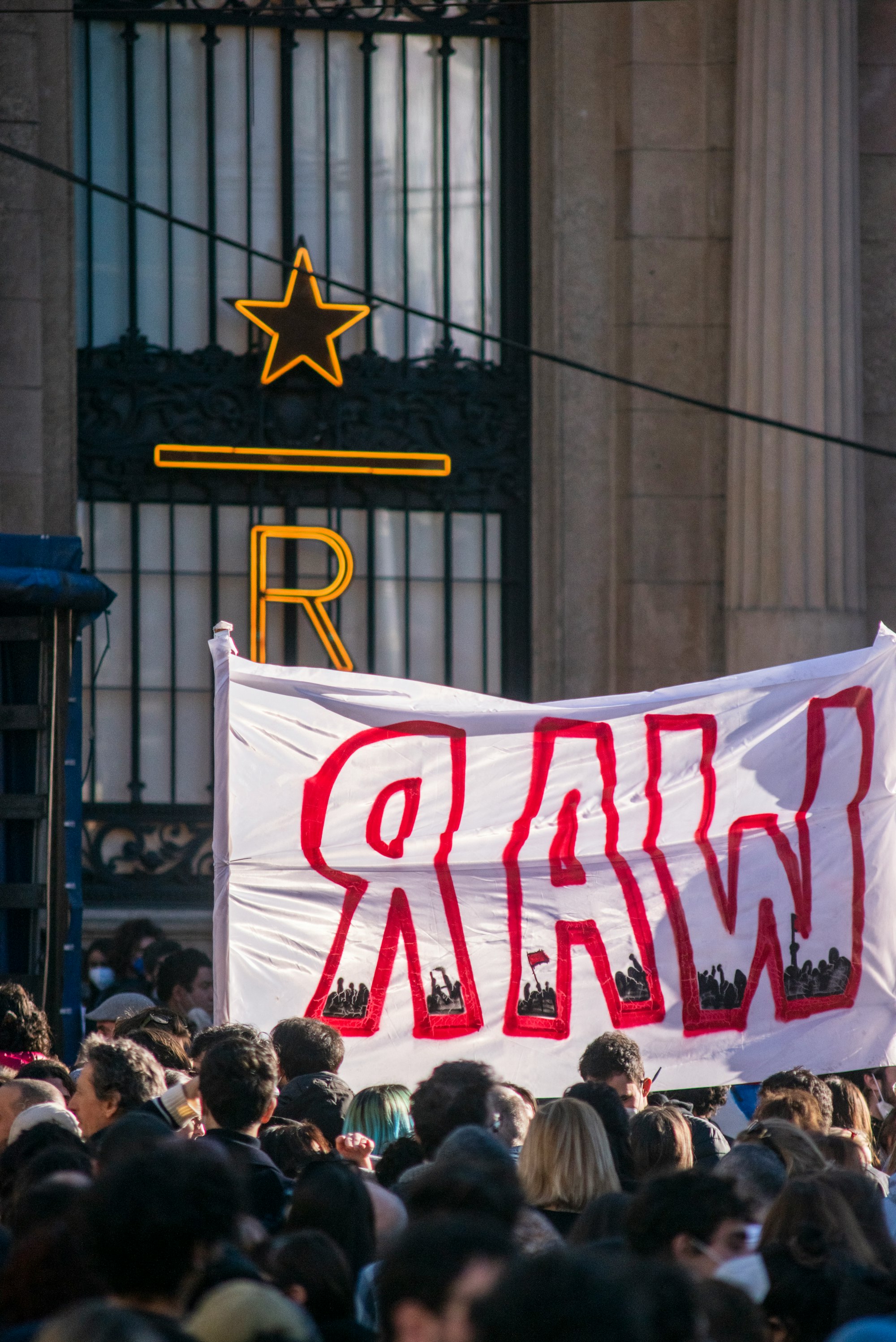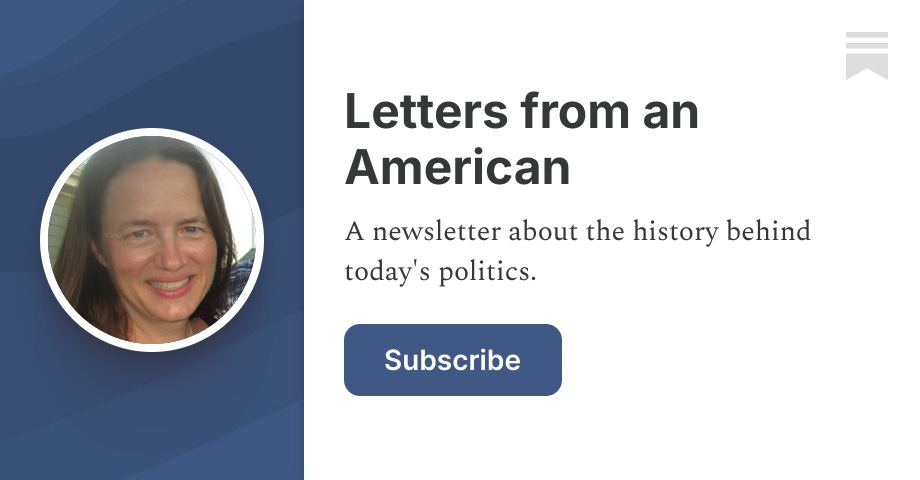NATO Celebrates 75 Years: Is it Still Ensuring Peace?
NATO marks 75 years: pivotal in deterring aggression, confronting challenges, adapting to modern security threats, and upholding collective defense

Seventy-five years ago, on April 4, 1949, twelve countries signed the North Atlantic Treaty, establishing NATO to deter aggression and maintain peace. Initially formed to counter Soviet expansionism, NATO evolved to confront new threats, including Russian aggression under Vladimir Putin.

Despite recent challenges, NATO has expanded to 32 member countries and remains vital for collective security. President Truman, during the treaty signing, emphasized the alliance's role in promoting peace and unity among diverse nations.
However, former President Trump's indifference towards NATO and Putin's efforts to undermine it highlight ongoing tensions. President Biden reaffirmed NATO's importance, stressing the need to defend it against emerging threats and uphold its commitment to collective defense.
As NATO commemorates its milestone anniversary, it faces renewed calls to adapt to modern security challenges and strengthen transatlantic ties. Ultimately, safeguarding NATO's legacy requires a continued commitment to international cooperation and promoting peace and stability worldwide.
Nato and Vladimir Putin
Vladimir Putin, as Russia's president, has posed significant challenges for NATO in recent years. His aggressive foreign policy, characterized by military interventions in Ukraine and Georgia, as well as the annexation of Crimea, has raised concerns among NATO member states about Russia's intentions in Eastern Europe.
Putin's efforts to undermine democratic institutions and sow discord in Western democracies through cyber warfare and disinformation campaigns further exacerbate tensions with NATO.
Read More WF News

Additionally, Putin's modernization of Russia's military capabilities and assertive behavior in the Baltic Sea region have prompted NATO to bolster its defense posture and enhance deterrence measures.
Overall, Putin's actions have intensified NATO's focus on countering Russia's ongoing war with Ukraine for example, and is now safeguarding the alliance's eastern flank.
Read the full report





